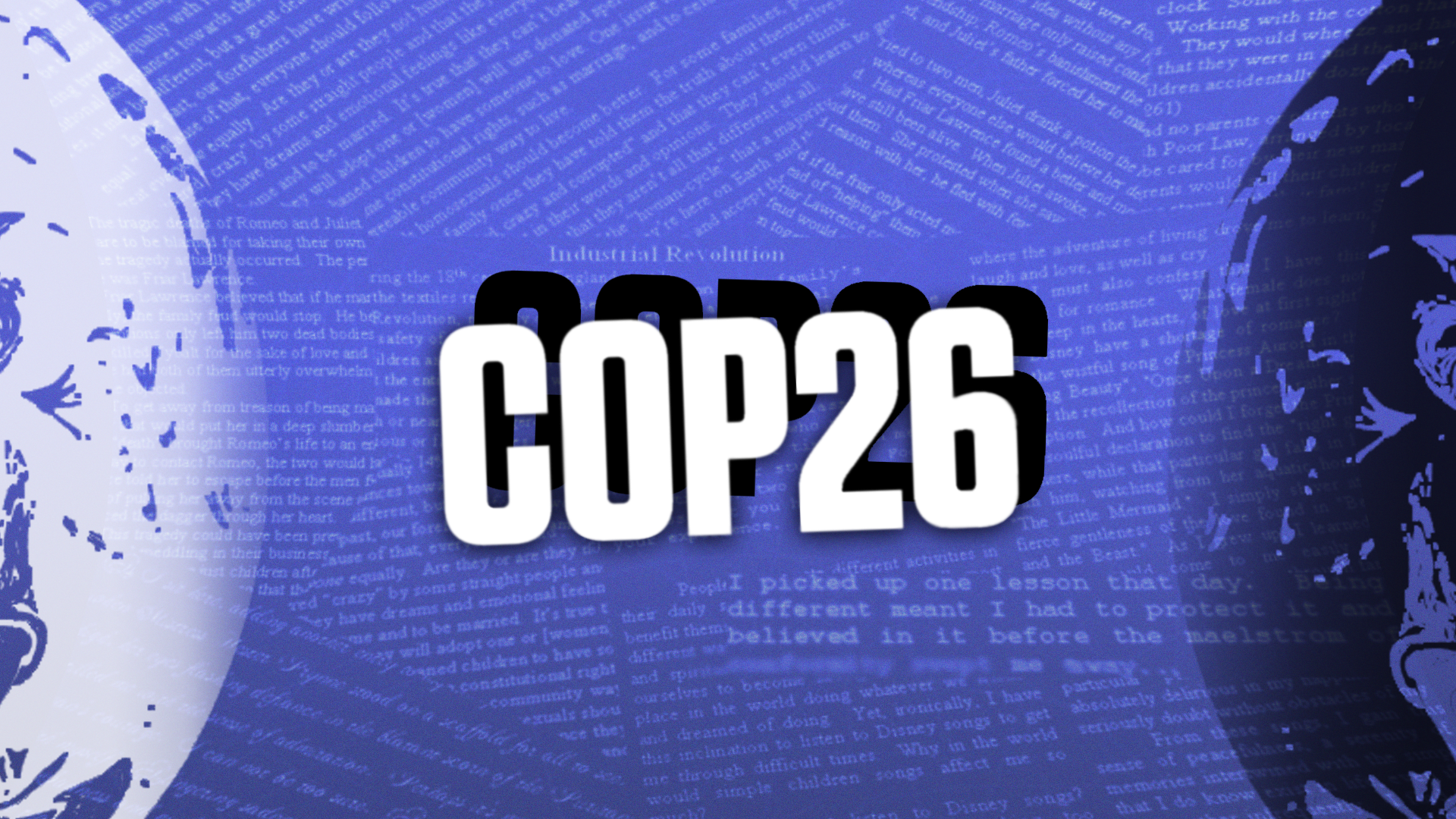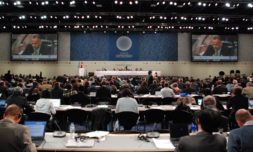As the 26th annual COP approaches, it’s time to run back major moments from prior summits that caused real public stir and the movements which preceded them.
If you’re reading this now, chances are you’re relatively clued up on COP26 already thanks to the constant headlines popping up across major news outlets.
In the last decade, we’ve matured from debating whether climate change even exists, to largely discussing how we can clean up the mess we’ve made.
While we’re undoubtedly in store for more hot air and excuses for failing to meet existing targets at COP26, there is at least a sense of unanimity that our climate crisis needs addressing. This hasn’t always been the case.
From the very first summit in 1995, policy makers have butted heads, activist movements have ignited, and public debate around sustainability has raged on. The one constant throughout this period has been landmark moments which have grabbed headlines and sparked dialogue.
On that note, here’s five milestone events that either preceded or took place during COP summits and caused real public stir.
Bush kills the Kyoto Treaty (2001)
In the lead up to COP7 in June 2001, former US President George W. Bush dropped the clanger around March that he would be withdrawing his nation’s involvement from the Kyoto Treaty.
Originally drafted together in 1997, the Kyoto Treaty aimed to bring together the most developed economies to scale back on greenhouse gas emissions on a case by case basis.
Fundamentally, the most industrialised countries were expected to mitigate the most emissions – as they’re responsible for creating them in the first place. Periodic transparency reports on progress were then to follow.
Before his tenure as vice US President ended, Al Gore had agreed to be part of an initial 33 partaking nations and to cut carbon and methane emissions back by 7% before 2012.
Bush, however, despite echoing a similar desire in his election campaign, later abandoned the agreement on the grounds that it wasn’t fair and would dipropionately harm the US economy compared to – wait for it – developing regions.
As you’d expect, this became a huge obstacle in establishing any kind of agreement and the treaty didn’t actually see the light of day until 2005. Environmentalist outfits were not happy.
The rise of Greta and Fridays for Future (2018)
Before scolding world leaders at UN conferences and taking centre stage with a Rick Astley rendition at a climate concert, Greta was an activist like you or I (just way more zealous).
In August 2018, the then 15 year-old student started a school strike outside Swedish Parliament in the three week build-up to the country’s presidential election.
Before long, she was joined by others and staged a mass protest until Swedish policy provided a realistic pathway to meet the requirements of the Paris Agreement. Later creating the hashtag #FridaysForFuture, millions of students across the globe became inspired to stage their own strikes.
The international awakening of students grabbed major headlines, and since Greta has become something of a Gen Z champion when it comes to climate demonstrations.
In the changeable (and often volatile) world of social media, the love for Greta isn’t exactly unanimous, but there’s no denying her massive influence or knack for getting things done.




















